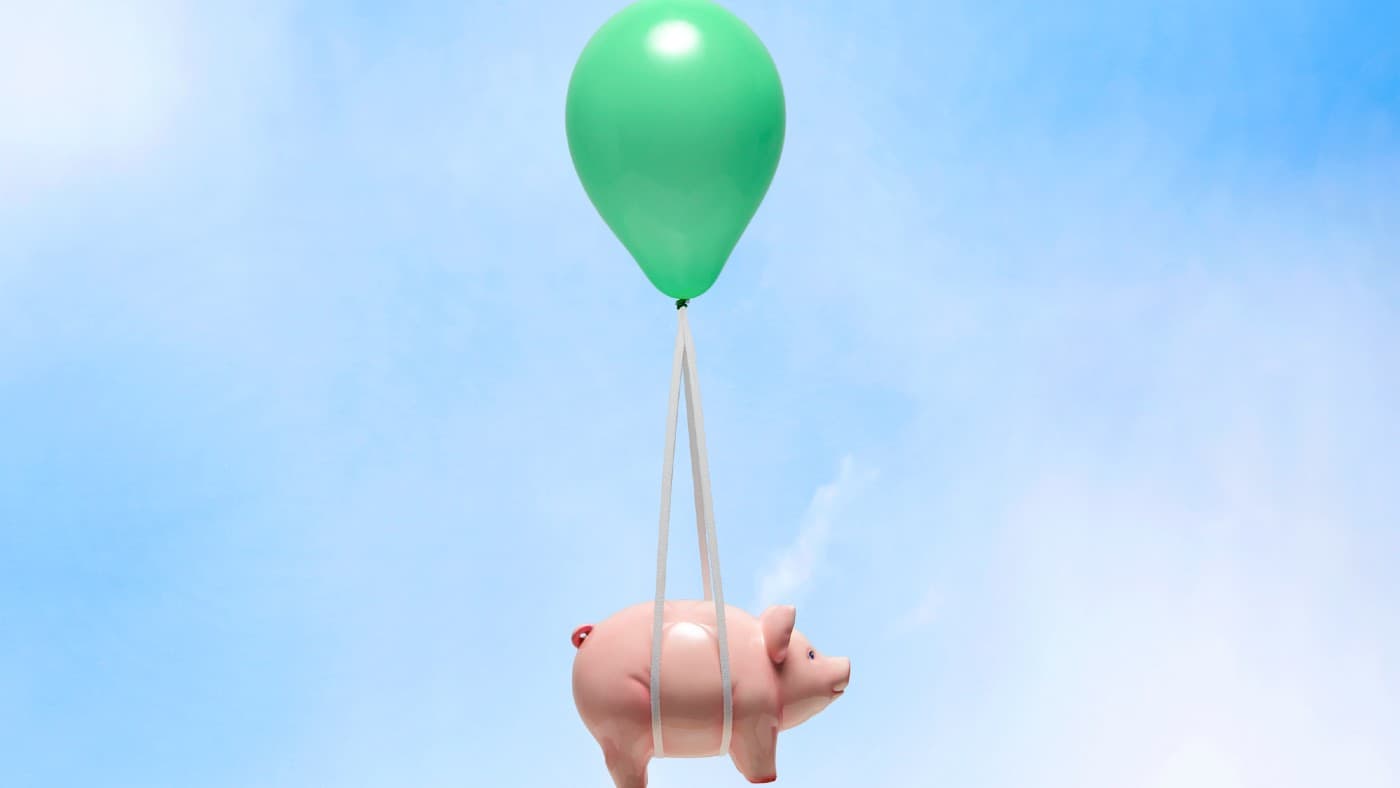Rising inflation continues to be a hot topic. From energy and cars to clothing and children’s toys, it seems as though almost everything is now more expensive than it was a year ago.
However, while further price rises cannot be ruled out, some economists now believe that inflation has peaked. So what’s behind this theory?
[top_pitch]
What’s the current situation with inflation?
The Consumer Price Index, the UK’s most popular measure of inflation, currently stands at 3.1%. This is comfortably above the Government’s 2% annual target.
While 3.1% may seem high enough, other measures of inflation suggest prices are rising even faster. For example, the Office for National Statistics’ Retail Prices Index currently stands at 4.9%.
However, rising inflation isn’t just a UK phenomenon. Surging prices of everyday goods are being witnessed across the world. On Wednesday, it was revealed that the inflation rate in the United States is now running at a whopping 6.2%. This is the highest rate the country has seen for over 30 years.
Why have prices risen so much in 2021?
Economists don’t always agree on the exact causes of inflation. That being said, the following factors are likely to have had some impact on the rising cost of goods and services in 2021.
1. Global supply shortages
Well publicised shortages of materials and electronic components have been a feature of 2021. This has pushed up prices of consumer goods and caused knock-on effects too. For example, average used car prices have risen almost 25% this year following a shortage of the semiconductor chips needed to produce new cars.
2. Supply chain issues following Covid-19
From temporary trade restrictions to a lack of workers, the pandemic has had a big impact on vulnerable supply chains over the past year. This has led to less supply, placing upward pressure on pricing.
3. Post-pandemic revenge spending
With pandemic lockdowns causing many to become ‘accidental savers’ last year, many Brits have considered 2021 the year to engage in ‘revenge spending’. This type of buying behaviour can impact supply and demand, leading to higher prices.
4. Central Bank policy
The Bank of England’s ongoing quantitative easing programme has dramatically increased the UK’s money supply in 2021. As the UK’s supply of goods and services cannot keep up with this level of money creation, policies such as these can lead to higher prices.
5. Rising wages
Aside from the government announcing minimum wage pay rises next year, salaries are already increasing across the board. That’s because employers are struggling to find workers amid staffing shortages. When wages rise, the prices of goods and services often follow suit, as businesses recoup additional labour costs.
[middle_pitch]
Why are economists suggesting inflation may have already peaked?
While nobody knows for certain, some economists are hopeful that price rises will soon begin to slow. This belief is all down to a sharp decline in the Baltic Dry Index (BDI).
The BDI reveals global shipping rates for carrying raw materials. As a result, it’s often used by analysts to indicate future levels of inflation. In early October, the BDI sat at 5,650 – its highest level for more than ten years. To put that into perspective, the BDI stood at 1,350 in December 2020.
Despite its recent high a month ago, the BDI has since fallen sharply. On Wednesday, the BDI stood at 2,805, over 50% lower than a month ago.
Shipping rates declining sharply suggests raw materials may be getting cheaper. This may indicate that inflation is likely to slow in future.
As Gus Faucher, chief economist at PNC financial services explained, “The decline in the Baltic Dry Index may be signalling that some of the overheating in the economy that has been taking place is reversing itself.”
Faucher added that the decline may be “an indication that perhaps the worst of this is over, at least for goods that are traded internationally”.
Other economists have echoed this sentiment, with Ian Shepherdson, chief economist at pantheon macroeconomics, tweeting that there is “light at the end of the inflation tunnel” following the latest BDI figures.
How can you protect your cash from inflation?
While there’s no sure way of hedging against inflation, holding large amounts of cash is unlikely to be a good way of protecting your wealth due to dire savings rates currently on offer. As a result, many are turning to assets such as stocks, bonds, precious metals and even property.
For more on this point, see our article that explains how to protect your savings from inflation.







